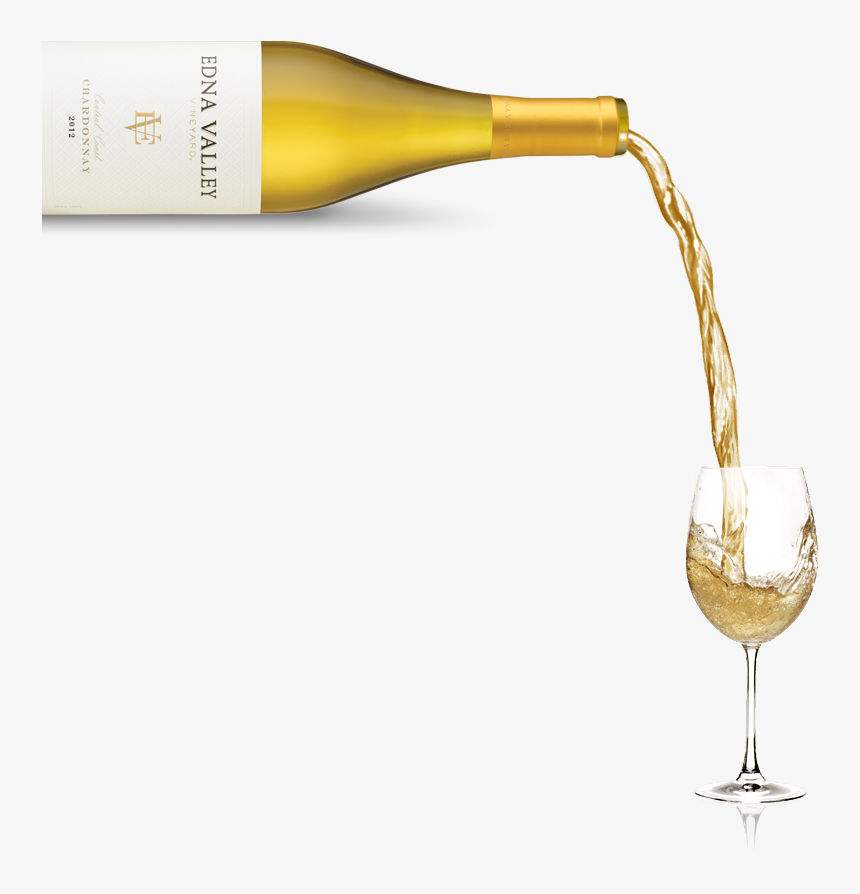Your intrepid liquor reporter keeps a special calendar on his desk just to keep track of the booze-related holidays each year.
Things were simpler in bygone days, when the only liquor-related events in the calendar were St. Patrick’s Day and Oktoberfest.
Now, with new special days popping up faster than I can drink the appropriate tipple, it is becoming almost unmanageable. At first, the changes seemed welcome, starting with the annual drinking of Mexican beer for Cinco de Mayo, then a few pints of IPA on International IPA Day, followed by a wee dram of Scotch Whiskey on Robbie Burns Day. Eventually, we ended up with more special days than my liver can handle, but I’m still giving it the old college try.
The most recent illustrious event to pass by was National Lager Day on December 10.
For those not in the know, lager is a relatively recent style of beer, first brewed in Bavaria in the 1700’s.
Until then, all beers had been ales, with a pedigree dating back thousands of years. However, despite the relatively short period that lager beers have been available, they have quickly become much more popular than ales.
The major difference between ales and lagers is the type of yeast used in the fermentation process. Ales use a yeast that floats on top of the brewing mixture, and ferments over a period of a few days at a temperature of 15 to 25 degrees.
Lagers, on the other hand, use a yeast that sinks to the bottom of the brewing cask, and ferments over a period of several weeks at the relatively cool temperature of 7 to 12 degrees.
Lagers are then given a secondary fermentation by storing them for several months at around zero degrees celsius. This style of beer originated in Bavaria, and was called lagerbier, after the German word lagern, which meant “to store”.
Lagers took a while to catch on, as the commercial breweries of the day much preferred cranking out a batch of ales every few days, instead of the several months required for a lager. Eventually, modern refrigeration technology advanced to the point where a batch of lager could be aged for as little as a few weeks, making it more attractive to the major brewers.
The chief attraction of a lager beer is a much lighter and refreshing taste than a more traditional ale beer. Lager beers tend to be lighter in color, and usually employ grains other than barley in the malting process. The lighter, less malty flavor of lager beers makes them easier to drink, and more attractive to a larger segment of the beer drinking public.
The ale-loving faction, despite being less than one-fifth the size of the lager-lovers, like to brag about their beer being made from 100% barley, rather than the lagers that tend to cut their brews with cheaper grains like rice or corn to give the beer a lighter taste.
Ale drinkers tend to pooh-pooh perceived benefits of the lagers, likening it to watered down donkey pee when compared to their more robust and flavorful ales.
It is interesting to note there is a distinct generation gap between ale drinkers and lager drinkers. New drinkers (let’s call them the 18-30 age group) tend to start their drinking careers with lagers, as they have a more accessible flavor (what the ale snobs call lowest common denominator).
As their palates grow more sophisticated, some of these lager drinkers seek out more flavorful brews, which leads them towards the more old-world ales.
Of course, since the 18-30 demographic does a lot more binge drinking when compared to their refined elders, Lager production accounts for around 90% of the world beer market.
Despite your intrepid liquor reporter being firmly in the Ale camp, I must admit to enjoying the occasional Heineken or Stella Artois Lager on a hot summer day. Due to their lighter taste, lagers can be served at colder temperatures than ales, making them superior summer beers.
Since we are still locked in the harsh embrace of a cold winter, your intrepid liquor reporter is sticking to the comforting fullness of a dark ale, but come the next Chinook, I will be drinking lagers like they are going out of style!





